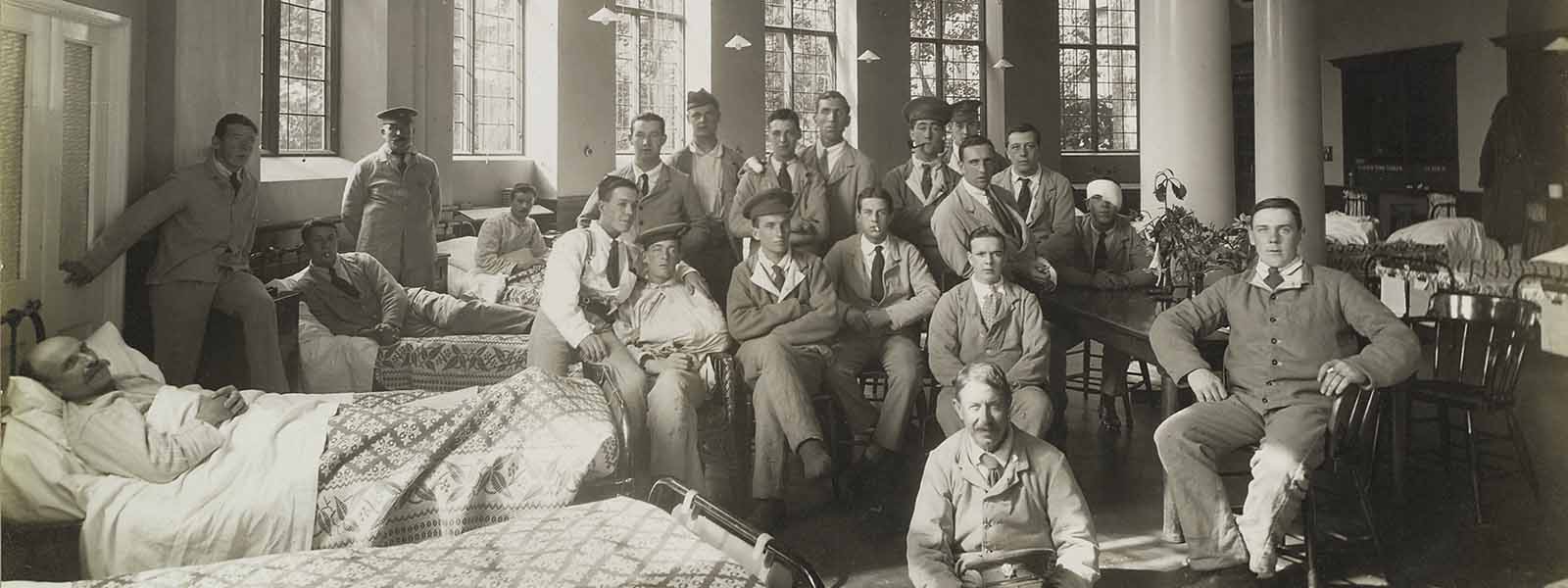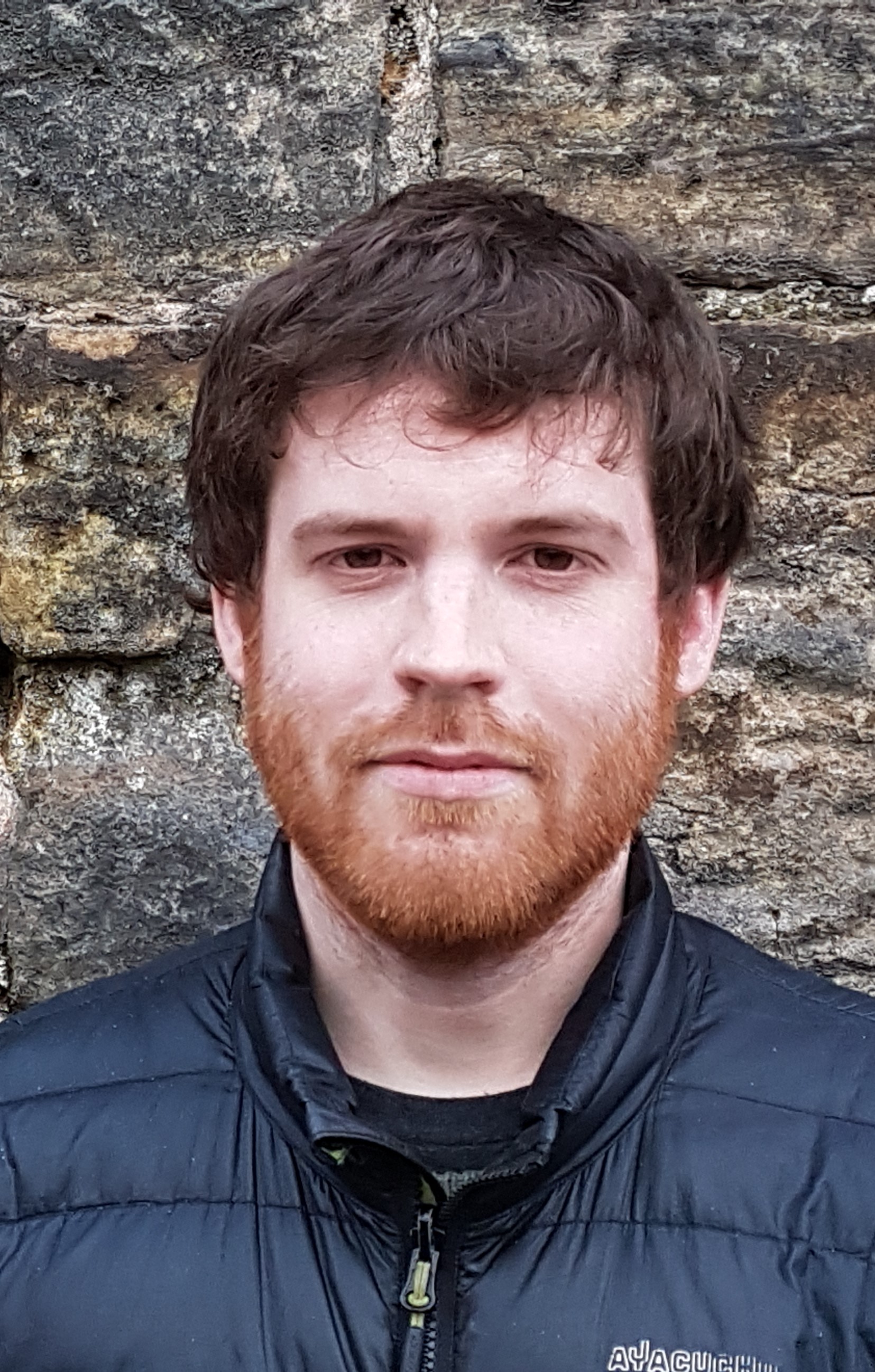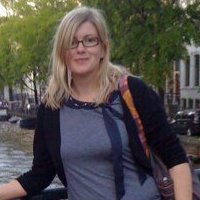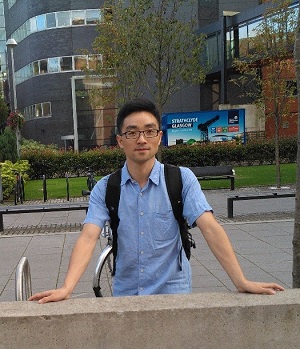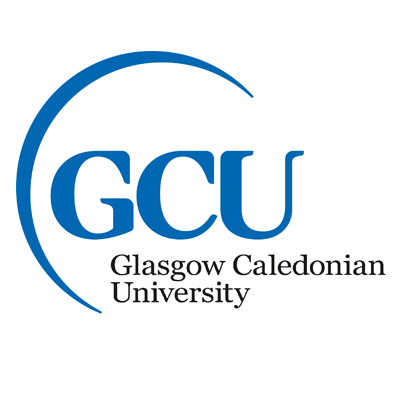Our PhD students
Johnnie has been at the University since 2017, first obtaining a BA(Hons) in History and Politics before completing an MSc in Health History with the generous support of a Wellcome Trust Studentship. His current project (working title ‘Moveable Feasts: Food, Migration and Glasgow (1960-1999)’) is funded by a Student Excellence Award from the University of Strathclyde. His project examines the role that food and culinary culture plays in the acculturation of migrant communities using Glasgow and its South Asian diaspora residents as a case study. Through a mix of oral history testimony and other archival research, Johnnie intends the project to be a way of highlighting how cross-community, and cross-cultural, relationships can be built through the use of food. Additionally, be focusing on a period of increasing migratory movement in Glasgow, both into and out of the city, the project is designed to demonstrate how Glasgow’s collective identity of today, where “people make” the city, was shaped by a process which has long been concentrated around Scotland’s most populated city. Through this project, Johnnie seeks to demonstrate how Glasgow came to embody Scotland’s reputation as a diverse, multicultural, and welcoming nation.
Project supervisors: Professor Matthew Smith and Dr Catriona Ellis"
Rachel is an English PhD researcher at the University of Strathclyde. Her research focuses on fatness and monsters who eat in 19th-century and contemporary monster fiction. Her work is particularly interested in decoding the moral narratives we ascribe to eating and fatness. Also at Strathclyde, Rachel received her BA Hons in English, Creative Writing and Journalism and MLitt with Distinction in Interdisciplinary English Studies. Rachel is a recipient of the Peggy Grant Prize and the Global Research Award. In 2019-2021, Rachel served as a Sabbatical Officer, where she rooted her work within liberation work, and received the Strathclyde Women in Leadership Network Committee’s Choice Champion Award.
Funded by the Scottish Graduate School for Arts and Humanities, Monique’s PhD project seeks to uncover the lives of South Asian medical migrants – with a particular focus on the British period. With a background in oral and medical history, as well as experience heading up EDI initiatives, Monique intends to reinterpret existing sources and integrate the voices of those still impacted by British colonial rule to produce a clearer picture of this overlooked aspect of history. This will culminate in not only an original thesis but several interactive and more informal research outputs.
Mary has been a University of Strathclyde student since 2014, completing a bachelor’s degree in history in 2018 and a MSc in health history in 2019. She has been granted a Wellcome Trust Doctoral Studentship to research her project: Animals and Allergy in Historical Perspective: Test Subjects, Pets and Patients, 1900 – Present. This research will explore the use of animals as test subjects for early allergy experiments, animals as a potent source of allergy and the growing incidence of atopic diseases in animals. This project employs published and oral history sources as well as archival research in Monaco’s Oceanographic Museum, the National Academy of Medicine in Paris and the American Academy of Allergy, Asthma & Immunology in Wisconsin. Her thesis aims to inform ongoing research into the epidemiology of allergy, our current understanding of atopic conditions and our evolving relationship with companion animals.
Colin is a PhD student at the University of Strathclyde and the University of Edinburgh. Broadly speaking, his interests are the history of medicine, LGBTQ+ history, gender history and Middle Eastern history. His SGSAH-funded PhD will examine the story of the AIDS crisis in Scotland, with a particular focus on health education, media and lived experience. Using archival materials and oral history, he will reconstruct how individuals, organisations, local authorities and the government responded to and were educated about HIV/AIDS in Scotland during the 1980s and 1990.
Chloe Shields is working on her AHRC-CDP funded PhD supervised by Dr Elsa Richardson and Dr Oliver Betts. Previously, Chloe completed her bachelor’s degree in history, and MSc in Museum Studies at the University of Glasgow, researching both food history and food and visitor studies in museums. Her current research project is titled ‘Eating on the Go’: Cultures of Consumption and the Railways, 1880-1948’ partnered between the University of Strathclyde and the National Railway Museum in York. Her research revolves around the social, economic and political structures that framed food and eating experiences on Britain’s railways. Utilising the world-class collection of the National Railway Museum (and Wider Science Museum Group) her PhD explores how and what people ate on the railways, and how they felt about it.
Jois completed an MSc in Health History in 2019 as a retirement project. Now registered part-time for a PhD, she is researching the history of British speech therapy in the twentieth century. This work draws on a wide range of archive material, especially that of the Royal College of Speech and Language Therapists, curated in the University of Strathclyde Archives and Special Collections, together with oral histories of people who qualified as speech therapists between 1945 and 1980.
